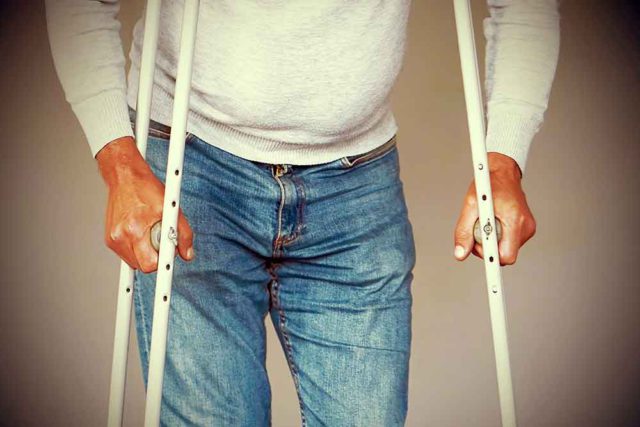
As part of normal life, your joints are exposed to a constant low level of damage. In most cases, your body repairs the damage itself and you don’t experience any symptoms.
But in osteoarthritis, the protective cartilage on the ends of your bones breaks down, causing pain, swelling and problems moving the joint. Bony growths can develop, and the area can become inflamed (red and swollen).
The exact cause isn’t known, but several things are thought to increase your risk of developing osteoarthritis, including:
You can self-refer into community physiotherapy services. Simply call 0207 871 0545 to make an appointment. Your initial contact with one of our chartered physiotherapists may be over the phone, where you will either be given advice on appropriate treatment, or a face-to-face consultation will be arranged.
Should you wish to speak to your GP first, simply make an appointment with your local practice. If your GP refers you, one of our patient care advisers will contact you within 48 hours to arrange an appointment.